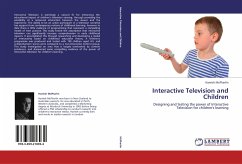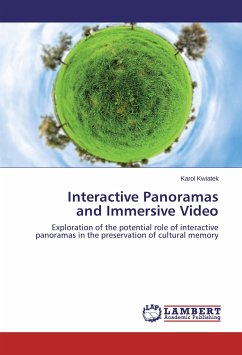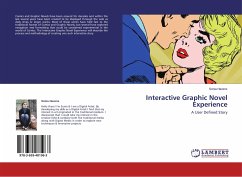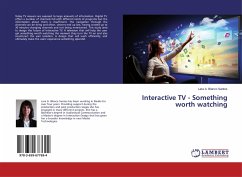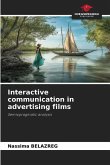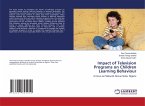Interactive Television is seemingly a natural fit for enhancing the educational impact of children s television viewing, through providing the possibility of a reciprocal interaction between the viewer and the experience. The ability to be an active participant in a television narrative has support from contemporary notions of childhood learning, however to date there is little evidence of programming that represent a compelling model of best practice. This study tested the assumption that interactive television can significantly increase comprehension in early childhood viewers. It accomplished this through researching and developing a model of interactivity based on childhood education theory. A children's programme was produced and tested with 199 children aged 4-5, and comprehension scores were compared to a non-interactive Control group. This study investigated an area that is largely overlooked by content producers, and discovered some compelling evidence of the power of interactive television for children's learning.
Bitte wählen Sie Ihr Anliegen aus.
Rechnungen
Retourenschein anfordern
Bestellstatus
Storno

